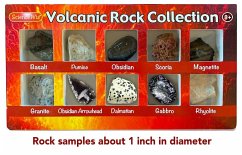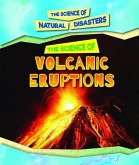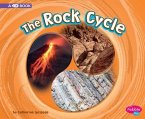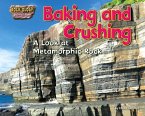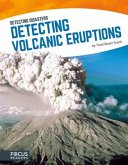ScienceWiz(R) Volcanic Rocks Collection includes 10 large samples, each about 1 inch in diameter. These ten rocks are displayed inside a tray encased inside a windowed, cardboard sleeve. The tray slides open like a matchbox. Included inside is a guide to the collection. Each volcanic (igneous) rock description links (QR code) to further information online, that includes videos, activities, animations and games. This collection includes an arrowhead made with obsidian, a volcanic glass. It contains pumice, a stone that floats in water. The surface of the oceanic crust is paved with basalt, which is also in this collection. Learn how volcanic activity along the 40,390 miles (65,000 kilometers) long mid-oceanic ridge extrudes this basalt. Hold it in your hand as you discover that basalt is also most common rock found on the rocky planets, including Mars and our Moon. Touch and identify granite, the igneous rock that forms our continents. Explore why Earth is called a granite planet and why granite is far more rare on other planets in our solar system. The igneous rocks in this collection include: basalt, pumice, obsidian, scoria, granite, an obsidian arrow head, dalmatian, gabbro, rhyloite and an igneous rock with the mineral magnetite
Hinweis: Dieser Artikel kann nur an eine deutsche Lieferadresse ausgeliefert werden.
Hinweis: Dieser Artikel kann nur an eine deutsche Lieferadresse ausgeliefert werden.
